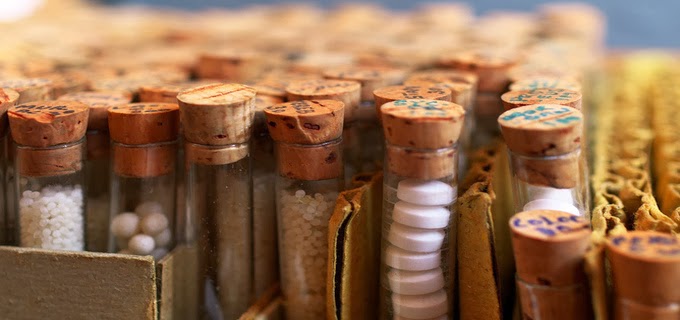This remedy is prepared from a tree called Seven Barks. It
is related to the diseases
of the kidney, though it is not very commonly used. One of its most prominent symptoms is the
presence of excessive amounts of salts in the urine and the formation of
sediments, which settle in the form of a thick white layer. Besides this, the
patient may start passing blood in the urine (haematuria), small stones or
crystals, which injure the urethra and cause severe burning pain. For these symptoms,
Hydrangea is very useful. Passing reddish coloured urine, a burning sensation,
and the presence of gravel in the urine, are also found in Lycopodium.
Hydrangea is also very useful in the treatment of senile enlargement of the prostate.
If the prostatic enlargement is non cancerous and there is evidence of deposit
of salts in the urine, one must use Hydrangea.
Homeopathic Remedies,Usage& Dosage of Homeopathic Remedies, Repertory and Common Daily Illnesses and Treatment-Meteria Medica
Pages
- Home
- The Difference between Homoeopathy and Biochemic R...
- Preservation of the Homoeopathic Remedies
- When to take the Remedy-Diet of the Patient
- Homepathic Dosage-Potency
- Virus-General Principle
- Homeopathic Remedies-Usage
- Homeopathic Remedies-Methods of Preparing
- Proving-Homeopathy
- About Homeopathy& Founder





